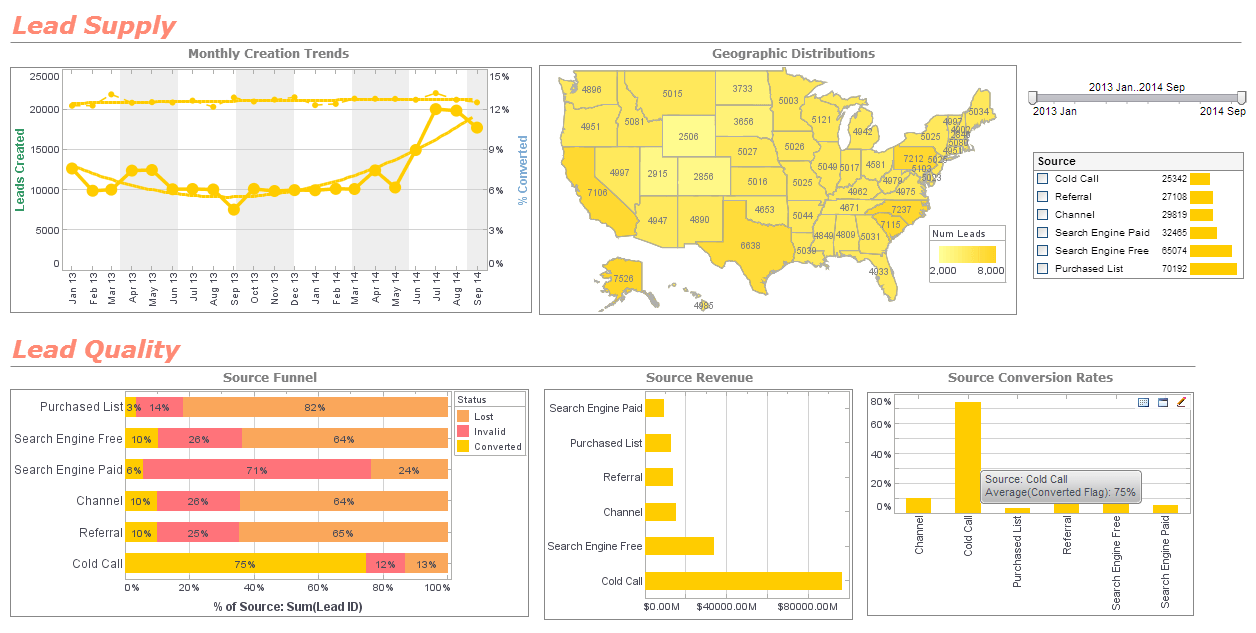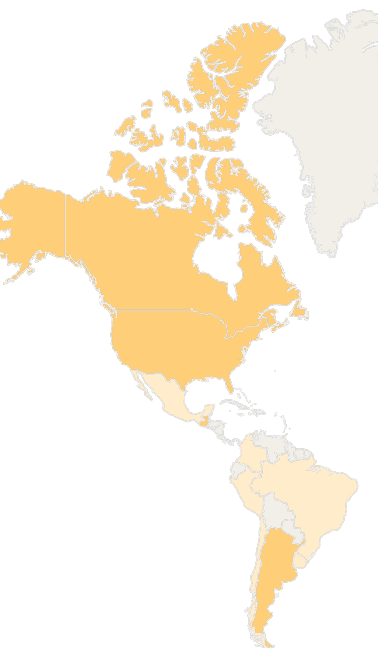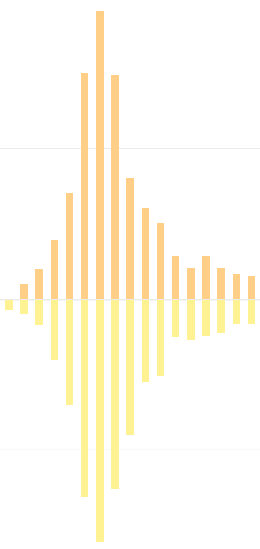InetSoft Webinar: Businesses Shifting Towards Self-service
This is the continuation of the transcript of the DM Radio show "Avoiding Bottlenecks and Hurdles in Data Delivery." InetSoft's Principal Technologist, Byron Igoe, joined industry analysts and other data management software vendors for a discussion about current issues and solutions for information management.
Eric Kavanagh: Yeah, right, well let’s bring in our good friend Byron Igoe from InetSoft. I know you want to talk about one particular kind of bottleneck that does not necessarily involve technology, but the people side of the equation. What do you think about all that, Byron?
Byron Igoe: Yeah, hi Eric. Good to be back on the show. So I think it does extend and follow from both Jim and Philip’s point regarding on Jim’s side users really becoming more and more adept and more powerful in terms of getting things done. They want to do more without having to ship a request over to IT and then wait for it to bounce back to the business. That is this borderline between IT, and the business really is shifting a little bit more towards self-service and empowering you to achieve.
And to Philip’s point without the back-end being able to support Big Data in a much better way such that we are having less of a crisis around Big Data. I think that the remaining bottleneck is really around the processes and the people which we are definitely seeing from lot of companies that we work with. Still a big problem with an IT bottleneck, where the old behavior of people requesting a query or a report from the IT staff and then IT having to go back and forth.
 |
View a 2-minute demonstration of InetSoft's easy, agile, and robust BI software. |
Now they can use some of these fancy technologies that my colleagues and I will be talking about later, to try to get that data together, and then send the request back. Even if the IT staff has more flexible BI tools and more powerful data management tools, you still get a bottleneck, because you got many requests coming in for business. And any kind of delays could mean lost revenue, lost opportunities. What the users have been clamoring for years, it’s more self-service. And so what we are seeing is that in the past, it took the form of maybe pulling down data into Excel and then just doing their own analysis.
They don’t have to rely on IT and have to wait for the results to comeback. And the way that we are trying to address it and some other people are doing as well, it’s really just embracing this idea of self-service BI and helping the users to get the information that they want in an easier way, while still maintaining the controls. Now, another thing that Jim mentioned, that you have some ungoverned data being brought into the system. You want to combine it and mash that up with one of these enterprise sources that are more reliable. If you really embrace that idea in a collaborative environment then you do have more control. Instead of being a black box where you just do whatever they want, you can really see what they are doing and help them to do it in a better and more efficient way.
Eric Kavanagh: Yeah, that’s a good point about, on the consumer side bringing in additional data to give you context around things, but still locking into some of those enterprise systems that are overseen by governance practices and protocols and so forth such that you can kind of keep your mind open a little bit, but those trusted systems are going to keep your feet on the ground, right? Byron Igoe: Exactly, it’s the best of both worlds, you got the IT data governance, security controls over the enterprise data, and you are still giving the users a sandbox where they can mash up, manipulate, create ad hoc queries, and get the answer that they want very quickly.
Eric Kavanagh: Yeah, that’s interesting. So in terms of more self-service and people being bottlenecks. Well, one way you avoid the bottleneck is just by offloading some of that work from those IT staff, but you know, one thing, and I think it is always going to be difficult for the average consumer or business user to do, is map out ETL processes, and I have seen a lot of vendors try to put much more of a friendly face on that process, but you are still going to need people to really get in there and make these connections and properly implement the transformations into other things. So I think for a lot of those enterprise systems, it’s still going to be quite sometime before we get any kind of self-service BI, but what do you think about that?
Byron Igoe: Well, so that’s really where the collaborative environment comes into play, because then you have the users who might be a little bit more technical, do the heavy lifting. And then their colleagues can leverage that work, build upon it, and it’s more every man working towards the same goals rather than proliferating spreadmarts where everybody has their own Excel file and they email them around.
Jim Ericson: Hey Byron, this is Jim. I really agree with that, and to me it’s again it’s about wrestling the, not just the data but the wetware, you know the stuff between the ears, right? And I was sort of saying before the show that I think we have created these very esoteric jobs and management skills that help us get through the day that involve a lot of our own sort of intuition and learned knowledge with different tools and different sources of data. And now, we are also expected to be very collaborative and very sharing in these things, so that we can go into a meeting and provide information, but also have things at our fingertips that we can look at to make decisions at the same time. It’s a very complex kind of social environment added to lone wolf data skills.
Byron Igoe: Good point.
Jim Ericson: Okay, well I was trying to lead you into how maybe we get, how we pull that together. The notions of control and the notions of people who have sort of almost had to strike out on their own to get to where they needed to go during the day. And do we need to draw a line between those things and segregate that ungoverned data, or do we need to collaborate? And what we need to bring in, and what we need to check for quality, what we need to improve, I mean it’s a good, it sounds like another governance discussion I guess.
 |
Read the top 10 reasons for selecting InetSoft as your BI partner. |


